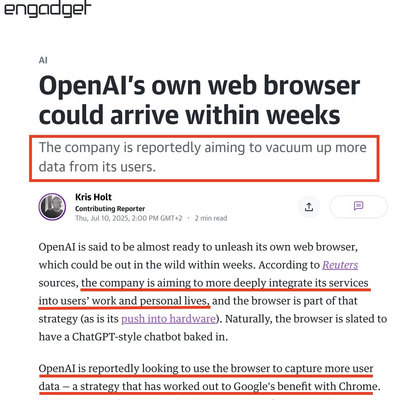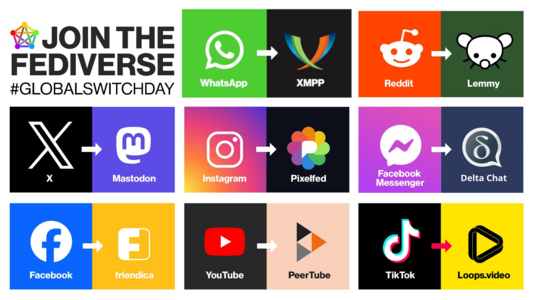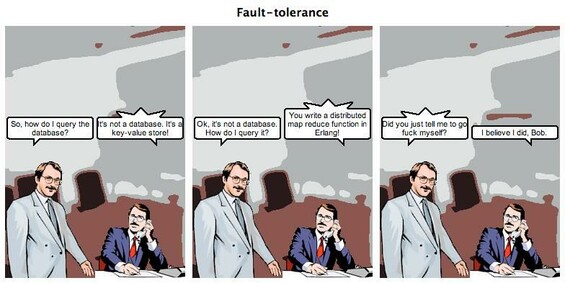
I think my philosophy when making software is that it should work for people with zero money or no bank account / credit card.
I know it's not a popular mindset to be in since money and profit is everything in the tech world.
I think it comes from growing up as a kid with no disposable income or access to anything but my shitty computer.
I'd rather support people with almost nothing than people with latest and greatest tech gizmos and spare cash for subscription services.
Boosting is really important on the Fediverse because it makes whatever you boost federate to the entire servers of all your followers. A boosted public post appears on your followers' timelines, but also becomes searchable to everyone on the servers of your followers.
Instead of an algorithm, the Fediverse relies on human beings sharing stuff they find interesting. This process creates a wonderful chain of discovery.
To boost something here, click the or
button below the post.
Unexpected that I'm not finding any reviews of the #twiddler 4 online when I search. Has anyone actually used this thing?
Calling it now, learnable graph cellular automata will be the future of "AI coding assistants" :P
Question for #math and #ComputerScience folks: What search terms should I use to find papers related to transitioning graphs to other graphs. Kinda like graph cellular automata but more the basic operations. I want to think about code AST transforms but would like to learn about general purpose graph transforms first. Boosts appreciated.
I feel like a pure TS workflow with Deno would be less annoying to deal with compared to slapping it onto node.js and the node_modules workflow.
@thegibson There are two numbers you need to know. What is the minimum bill rate you need to survive. If you don't know know your billable utilization, assume 40%. 2080 hours in 2025, assume that you'll bill 832 hours. Find the bottom number that will allow you to pay your bills.
Then find out what bill rate is usually charged for your service. Usually, it's much higher than your bottom number.
Now you know how much you can wheel and deal on billable rate. My pitch used to be be "I'll beat the going rate by 20%"
I'll jot some down here... When independent consulting... There is a rule of 3.
If you feel your time is worth $50 per hour, your billing rate is $150.
why?
1/3 to you
1/3 to the lean times between gigs
1/3 to the tax man
If you are working at fixing this sort of thing, you should be expecting closer to $100 per hour to you.
Trust me, they can pay a $300/hr billing rate without concern in most cases.
SD cards are a technology taken right out of early Gibson, real neuromancer shit. Incredible trash tech. Gigabytes of low quality abundance. Small enough to lose even when you're paying attention. Extraordinary but embarrassingly low grade.
There's very nice classy ones from SanDisk but there's so many more from nameless foundries for sale on AliExpress and a tenth the price, that mostly work.
(Chairman George Morrow would shit bluebirds: "never underestimate the bandwidth of a station wagon full of floppy disks", two obsolete things in one sentence.)
I'm using the big ones in my cp/m machine. Doing serious endurance testing and marginal testing. The really cheap ones do _weird_ things sometimes but work ok, mostly. I now have some good test code, ask me in a week....
With two cards installed, on the same SPI buss, doing random disk random block random read/write I *suspect* there is some odd stuff going on, but it's hard to separate code from electronics from the cards' various effects.
Pretty fucking interesting though.
I want to make the cheap cards as usable as the good ones. I think tristate buffers will do that.
Rooting for the underdogs.
- Pronouns
- they/them/it
- mauve+fedi@mauve.moe
- Matrix
- @mauve:mauve.moe
- Github/Gitlab/Discord
- @RangerMauve
Occult Enby that's making local-first software with peer to peer protocols, mesh networks, and the web.
Exploring what a local-first cyberspace might look like in my spare time.





